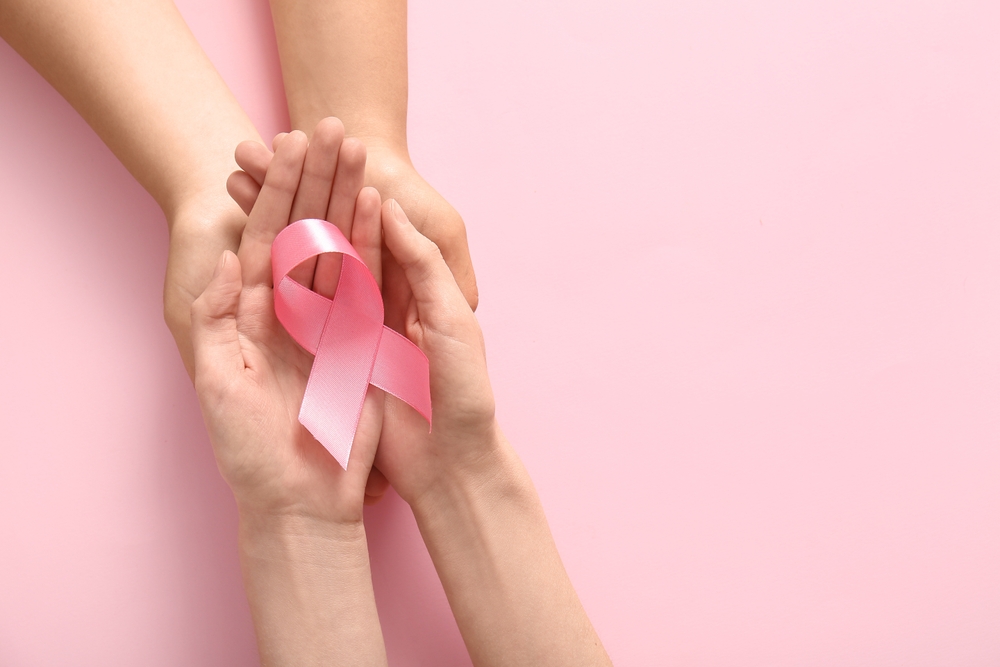ALBAWABA Yes, men can suffer from breast cancer, although it is much rarer in men than in women. Breast cancer occurs in men because, like women, men also have breast tissue. Here’s what you need to know:

1. Prevalence of Breast Cancer in Men
- Rarity: Breast cancer in men accounts for less than 1% of all breast cancer cases. However, it is important to raise awareness as men often overlook the possibility of developing this disease.
- Age Range: It is most common in men aged 60 to 70, although it can occur at any age.
2. Risk Factors for Men
- Genetics: A family history of breast cancer can increase a man’s risk, especially if there are mutations in the BRCA1 or BRCA2 genes, which are known to heighten cancer risks.
- Hormonal Imbalance: Elevated levels of estrogen, which can happen due to obesity, liver disease, or hormone treatments, can increase the risk of breast cancer in men.
- Radiation Exposure: Prior exposure to radiation treatments to the chest area can increase the likelihood of developing breast cancer.
- Klinefelter Syndrome: This rare genetic condition in men involves an extra X chromosome, leading to higher estrogen levels and an increased risk of breast cancer.
3. Symptoms to Watch For
- Lumps in the Breast Area: The most common symptom is a painless lump or thickening in the breast tissue, which should be checked by a doctor.
- Changes in the Nipple or Skin: Men should be aware of changes such as nipple discharge (which may contain blood), dimpling of the skin, or redness around the nipple area.
- Swelling or Pain: While rare, there could be swelling or tenderness in the breast area.
4. Diagnosis and Treatment
- Diagnosis: Breast cancer in men is diagnosed using similar methods as in women, including mammograms, ultrasound, biopsies, and genetic testing.
- Treatment Options: Treatment typically involves surgery to remove the tumor, followed by radiation therapy, chemotherapy, hormone therapy (such as tamoxifen), or targeted therapies depending on the stage of cancer.
5. Prognosis
- Survival Rates: When detected early, men can have a similar prognosis to women with breast cancer. However, due to the lack of awareness, breast cancer in men is often diagnosed at later stages, which can impact outcomes.
6. Raising Awareness
- Education: There is a need for more awareness about male breast cancer, as many men ignore symptoms or are unaware they can develop it. Educating men about the risks and symptoms is essential for early detection and better treatment outcomes.
- Support: Men diagnosed with breast cancer often experience feelings of isolation, as it is generally seen as a “female disease.” Support groups and counseling are important resources for emotional and psychological help.
While breast cancer in men is rare, it is a serious health issue that men should be aware of. Early detection is key, so understanding the symptoms and risk factors can lead to more timely medical intervention and improved survival rates










